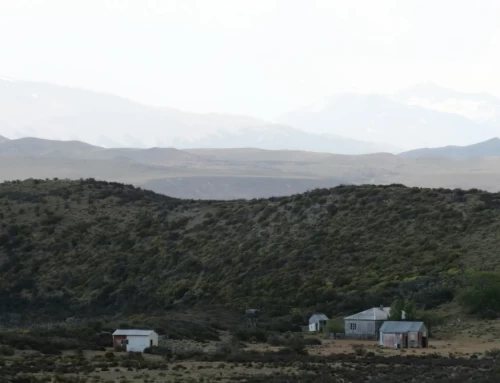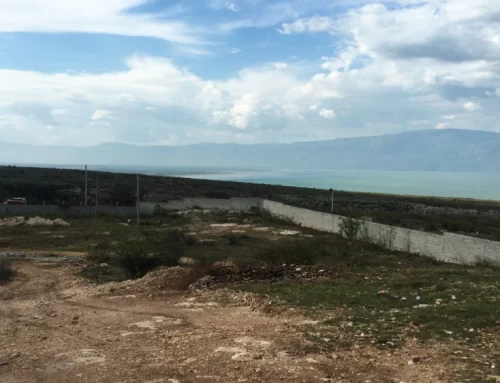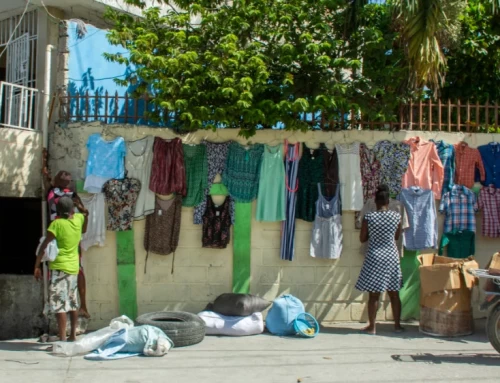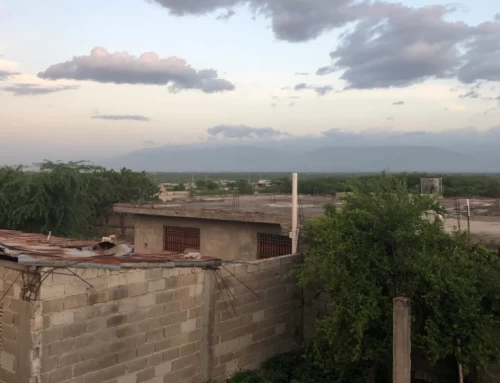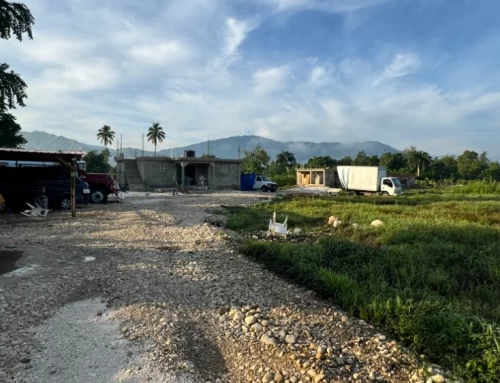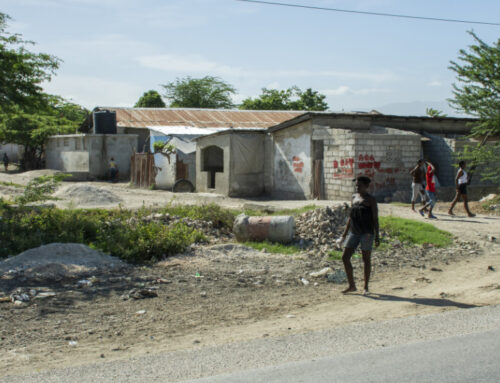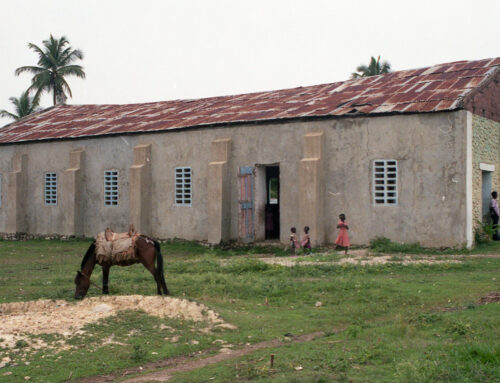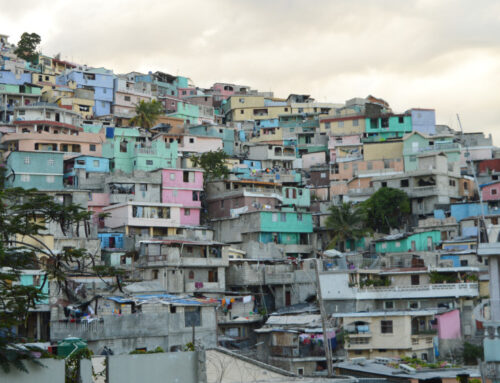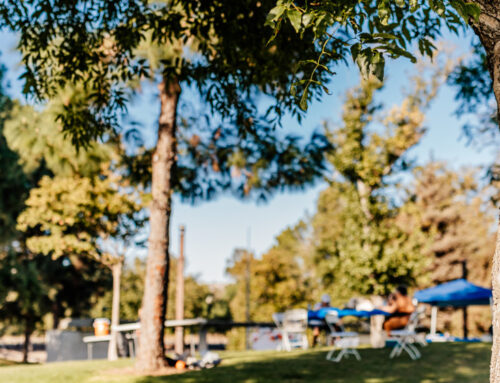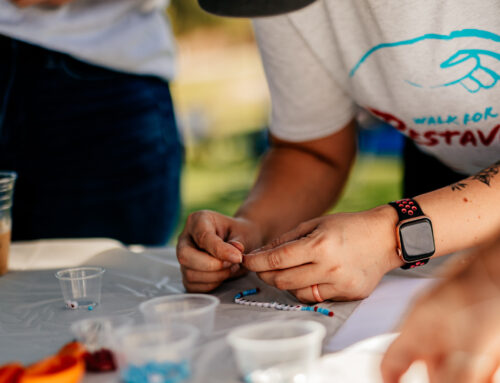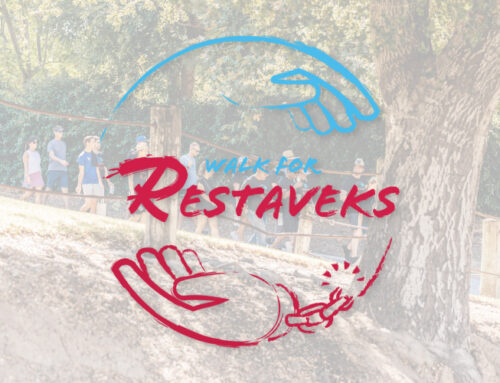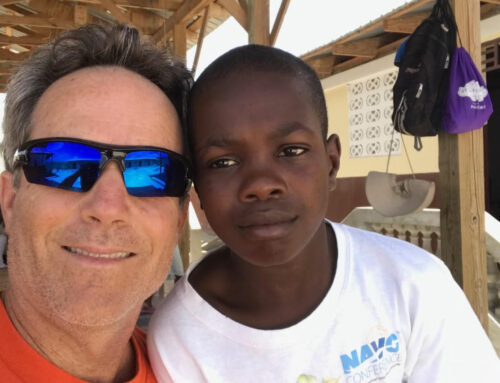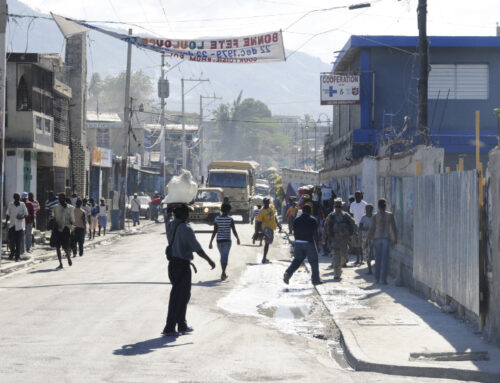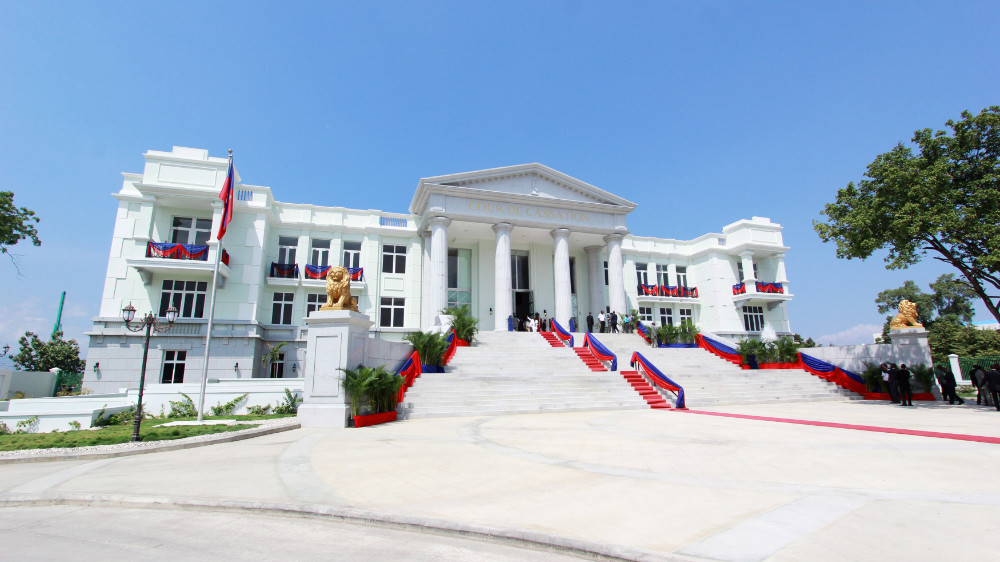
The relationship between Vodou and politics in Haiti is deeply intertwined. Vodou has influenced leaders, political movements, and social dynamics in every generation, and it continues to play a role in Haitian politics today. To understand this connection, we need to take a closer look at Haiti’s political history.
Historical Roots
Vodou’s political significance in Haiti began with the Haitian Revolution (1791–1804) (see our post, “Stronghold of Evil, Part 1” for more information). Since then, Haitian leaders in every century have used Vodou to achieve political ends. In recent history, François “Papa Doc” Duvalier, who ruled Haiti from 1957–1971, cultivated a close connection with Vodou, using its symbols and rituals to invoke fear and reinforce his authority.1 He portrayed himself as a powerful houngan (Vodou priest), creating a mystical and intimidating persona which consolidated his control over the nation. Duvalier used the rhetoric of Vodou as a political tool, blending fear, religion, and propaganda to maintain his dictatorial regime.2 Duvalier’s son and political successor, Jean-Claude “Baby Doc” Duvalier, used Vodou in a similar way, and the relationship between Vodou and politics controls Haiti’s political landscape to this day.3
Modern Political Dynamics
In contemporary Haiti, political candidates often seek endorsement from prominent Vodou leaders. Such endorsements can sway public opinion and mobilize voter bases, especially in rural areas where Vodou is most prevalent. Vodou and politics became even more closely connected in 2003, when President Jean-Bertrand Aristide recognized Vodou as an official religion.4 This was more than a symbolic gesture—it was a calculated statement that gave Vodou legitimacy in political affairs. By acknowledging it as a religion, Aristide lent Vodou formal credibility.
Ongoing Challenges
Whenever leaders use religion to manipulate and control people—preying on the human need to believe and put faith in something—abuse is sure to follow. This is the story of Vodou and politics in Haiti. The politicization of Vodou has created exploitation, and it comes at a cost to the nation’s citizens. Because of the stronghold of Vodou, people associate authority, political or otherwise, with fear. This causes tension in everyday life, as the power of Vodou blends with the authority of public officials to create an oppressive and totalizing whole.
Vodou has been a tool of manipulation and a source of control in Haiti’s political history since the eighteenth century. Understanding this complex relationship starts with recognizing Vodou’s role in Haiti’s national identity. Leaders have consistently used the rhetoric of Vodou to inspire fear, employing its signs and symbols whenever it helps their political cause. For all these reasons, Vodou remains a powerful force in Haitian politics today.
Yet, despite the darkness, there is light. The hope of the gospel shines brightly wherever it is heard, and sharing God’s truth is our primary goal as we minister to a people in need.
Visit Vodou in Haiti to read more about the religion and its history.
[1] Albin Krebs, “Papa Doc, a Ruthless Dictator, Kept the Haitians in Illiteracy and Dire Poverty,” New York Times, April 23, 1971, https://www.nytimes.com/1971/04/23/archives/papa-doc-a-ruthless-dictator-kept-the-haitians-in-illiteracy-and.html.
[2] Dan Williams, “After Duvalier: Haiti: A Scary Time for Voodoo,” Los Angeles Times, March 7, 1986, https://www.latimes.com/archives/la-xpm-1986-03-07-mn-16184-story.html.
[3] “The Death and Legacy of Papa Doc Duvalier,” TIME, January 17, 2011, https://time.com/archive/6598315/the-death-and-legacy-of-papa-doc-duvalier/.
[4] Kate Ramsey, The Spirits and the Law: Vodou and Power in Haiti (Chicago: University of Chicago Press, 2011), 13.
Share This Story!
Join Our Email List!
Get our blogs delivered directly in your email, don’t miss an opportunity to read about our mission to save children and bringing the Gospel to Haiti.

